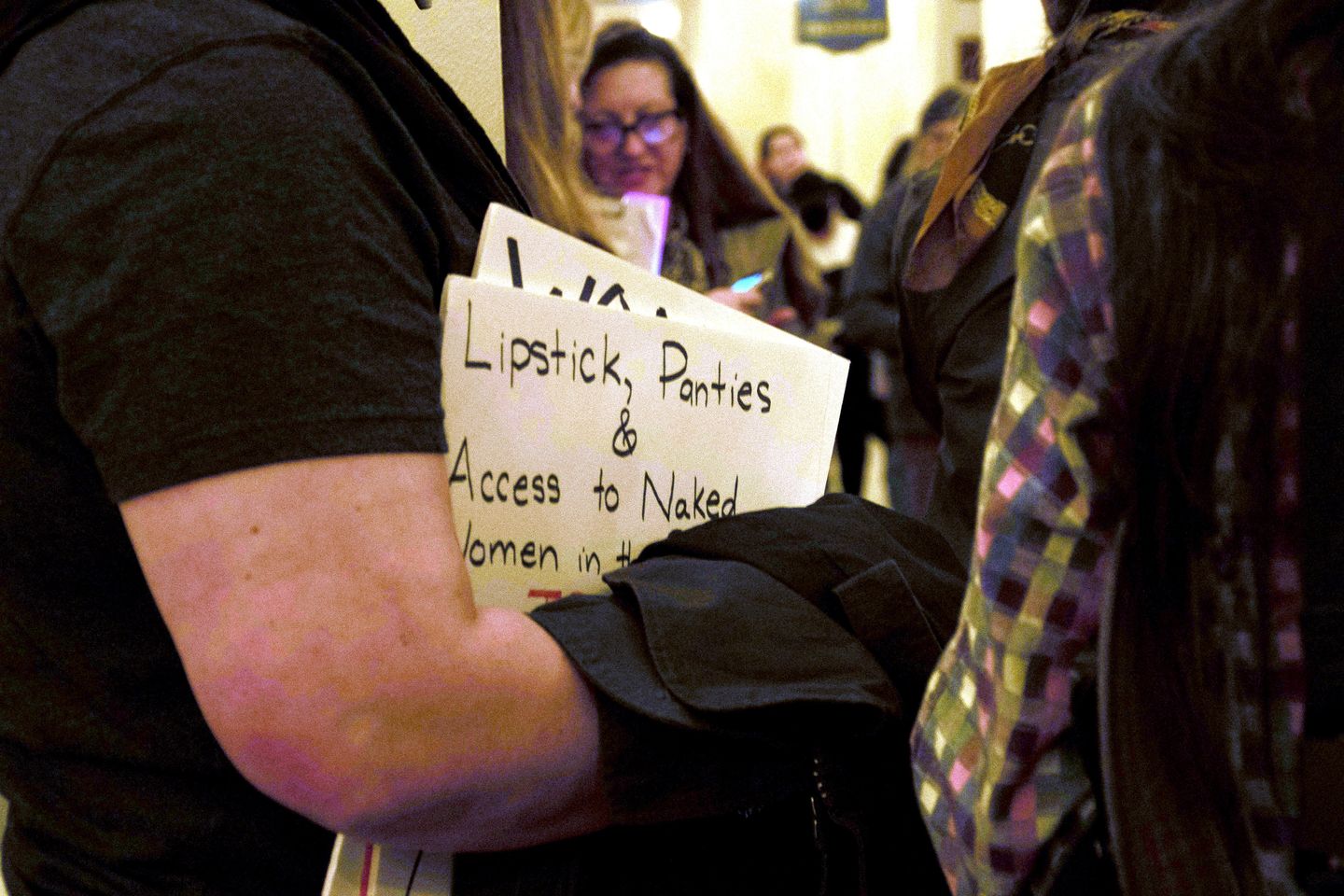
The Trump administration has launched a special team to handle the “staggering volume” of transgender sports cases as tensions rise with female athletes taking knees in protest and states like Maine facing final warnings for defying federal guidelines. Here’s what you need to know about this escalating national controversy:
The federal response
Trump administration creates dedicated enforcement structure:
- Special team established to handle transgender sports cases
- Officials cite “staggering volume” of complaints nationwide
- Task force includes Education Department and Justice Department personnel
- Federal funding at stake for non-compliant institutions
- Civil rights complaints being processed at unprecedented rate
- Legal framework based on Title IX sex discrimination protections
- Cases involve K-12 schools, colleges and university athletics
Athlete protests
Individual competitors taking visible stands:
State resistance
Some jurisdictions defying federal directives:
- Maine received final warning after defying ban on transgender girls in sports
- Education Department threatening to withhold federal funding
- Several states maintaining inclusive policies despite warnings
- Legal challenges filed by multiple state attorneys general
- Constitutional questions about federal authority
- States citing local control of education policies
- Potential Supreme Court case developing
The legal landscape
Complex judicial picture emerging:
- Circuit court splits creating inconsistent national standards
- Title IX interpretation central to legal arguments
- Science of athletic advantage increasingly featured in cases
- Equal protection claims raised by both sides
- Administrative authority questions complicating enforcement
- Previous regulatory guidance reversed by new administration
- Likelihood of Supreme Court consideration increasing
Political dimensions
Issue divides along but also within partisan lines:
- Trump administration making issue central to education policy
- Democratic governors leading state resistance efforts
- Moderate Republicans expressing concern about federal overreach
- Progressive advocates challenging biological distinction policies
- Conservative women’s groups supporting restrictions
- Libertarian voices questioning government role in sports
- Electoral implications for 2026 midterms
Stakeholder perspectives
Varied positions from affected groups:
- Women’s sports advocacy organizations divided on approach
- LGBTQ+ rights groups challenging federal enforcement
- School administrators caught between conflicting mandates
- Athletic associations developing varied policies
- Parents groups organizing on both sides
- Medical community offering complex scientific perspectives
- Student athletes increasingly vocal about personal impacts
International context
American approach differs from global trends:
- International federations developing sport-specific policies
- Olympic framework allowing more flexibility than U.S. approach
- European nations taking varied regulatory approaches
- International competitions creating classification challenges
- American athletes facing different rules domestically and internationally
- Sports science research accelerating globally
- Cultural differences affecting policy development
What happens next
Several key developments are anticipated:
- Federal enforcement actions against non-compliant states
- Additional legal challenges to administration policy
- More athlete protests at high-profile competitions
- Potential congressional action on sports legislation
- Supreme Court potentially accepting relevant cases
- Sports governing bodies revising competition categories
- Scientific research influencing policy development
Read more:
• Trump administration launches special team to handle ’staggering volume’ of transgender sports cases
• Stephanie Turner takes knee in protest rather than fence transgender opponent
• Maine gets final warning for defying ban on transgender girls in sports
This article is written with the assistance of generative artificial intelligence based solely on Washington Times original reporting and wire services. For more information, please read our AI policy or contact Ann Wog, Managing Editor for Digital, at awog@washingtontimes.com
The Washington Times AI Ethics Newsroom Committee can be reached at aispotlight@washingtontimes.com.





![Trump's Admin Guts Another ‘Rogue Government Agency with Zero Accountability’ [WATCH]](https://www.right2024.com/wp-content/uploads/2025/03/Trumps-Admin-Guts-Another-‘Rogue-Government-Agency-with-Zero-Accountability-350x250.jpg)



![‘We All Owe Him (Elon) a Huge Debt of Gratitude’ [WATCH]](https://www.right2024.com/wp-content/uploads/2025/03/‘We-All-Owe-Him-Elon-a-Huge-Debt-of-Gratitude-350x250.jpg)
![NCAA Champ Salutes President Trump After ‘BIGGEST UPSET IN COLLEGE WRESTLING HISTORY’ [WATCH]](https://www.right2024.com/wp-content/uploads/2025/03/NCAA-Champ-Salutes-President-Trump-After-‘BIGGEST-UPSET-IN-COLLEGE-350x250.jpg)






